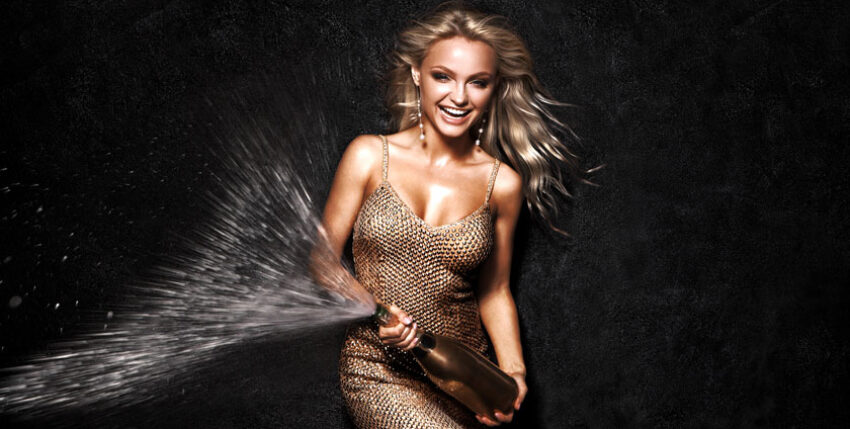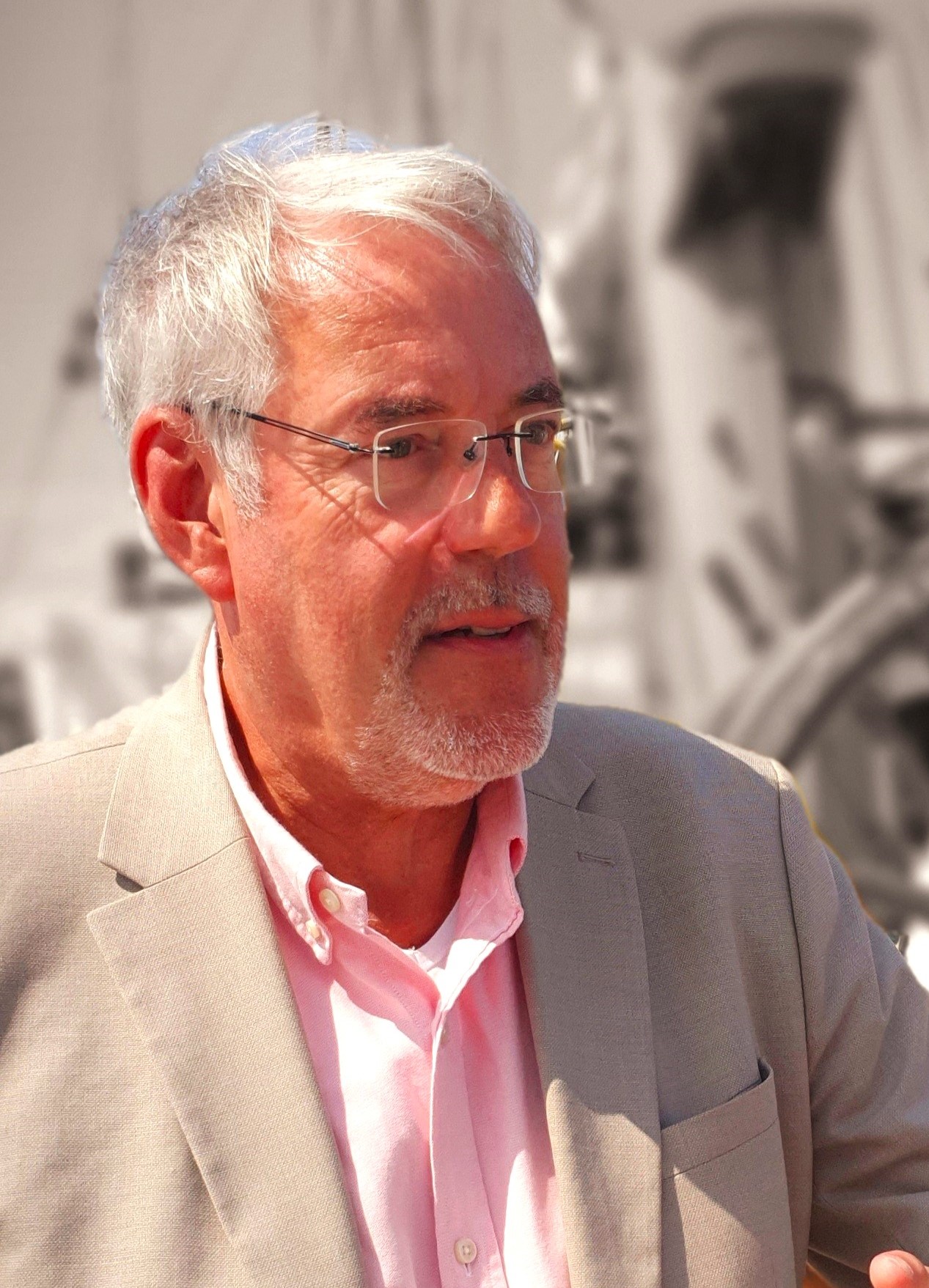What happened when the marine forum a party conference is mentioned by the Left, and that in the month of a federal election? Well, they picked up on a maritime theme and showed humour in connection with a historical military event. The fact that the facts suffered somewhat proves once again that the anti-military party is unfamiliar with this.
On 19 June, the representative of Linksjugend Solid, Michael Neuhaus, called for the abolition of the sparkling wine tax. This acclaimed motion was adopted by 64 per cent and was therefore the only successful one at this conference. Neuhaus justified his motion with the fact that this tax, introduced by the German Reichstag in 1902, financed the Kaiser's navy. "It should be a matter of course for us on the left to consistently reject a tax that was introduced for armament purposes and to demand its abolition."
The fact that champagne is not one of the typical drinks of the working class did not bother them. "This programme is our chance to usher in a change to a more cheerful time, because, yes, the class struggle is also being waged at the regulars' table." Whoever the Left wants to address with this programme, the well-paid German skilled worker will also enjoy the taxed sparkling wine. And beer tends to be drunk at the regulars' table, but other parties have sovereignty over it. He continued: "First the corks popped, then the cannons."
The fact is that the Imperial Navy could not be financed with this tax, as it accounted for around half a per cent of armaments expenditure, based on the average price at the time of 2.50 marks per bottle including the 50 pfennig tax. In 1905, just under 5.5 million marks were raised - rather little to build battleships. A look at history tells us that the tax, which was set to zero in 1933, was levied again at the beginning of the Second World War. There was no sparkling wine tax in the GDR. Not only the elites of the SED, but also the citizens were allowed to enjoy Krimsekt tax-free, perhaps Neuhaus was inspired by this party history. Today's sparkling wine tax no longer has its roots in the war economy. It has existed since the founding of the Federal Republic of Germany and has been laid down in the Sparkling Wine and Intermediate Products Tax Act (SchaumwZwStG) since 2010, which has no specific purpose. The Left therefore wants to abolish a tax that no longer exists. Be that as it may, this motion was creative and cheerful. Whether it was in good taste in view of the almost 800 ships sunk and almost 35,000 German sailors killed is not a question of the right drink.
hsc
The decree of the State Secretary of the Reichsmarineamt, Vice Admiral Alfred Tirpitz
Numerous small pink and light green-coloured slips of paper in a bundle of files from around 1900 caught the author's eye during a visit to the stacks of the Federal Military Archives in Freiburg.
This bundle of files from the holdings of the former Reichsmarineamt could also have been a source for Thomas Mann's novel "The Confessions of Felix Krull the Impostor". However, it was the result of correspondence between sparkling wine producers from the Rhineland and this top authority of the Imperial Navy. The small colourful pieces of paper were the business stationery of sparkling wine producers. The reason was a complaint that they had learnt that a German warship had recently, i.e. around 1900, been christened with French champagne. This was against national honour, but the actual intention was to obtain a champagne monopoly for supplying German warships' messes. Vice Admiral Alfred Tirpitz, State Secretary of the Imperial Navy Office since 1897, made a Solomonic decision:
- German warships must always be christened with sparkling wine of German origin and production!
- German wineries are allowed to make this sparkling wine available to the Imperial Navy free of charge for this purpose.
- There is no monopoly on supplying the fairs of German warships. The trade fairs operate independently and source their sparkling wine wherever it is cheapest.
Unfortunately, the author forgot to note the signature of this archive.
HeiWa










